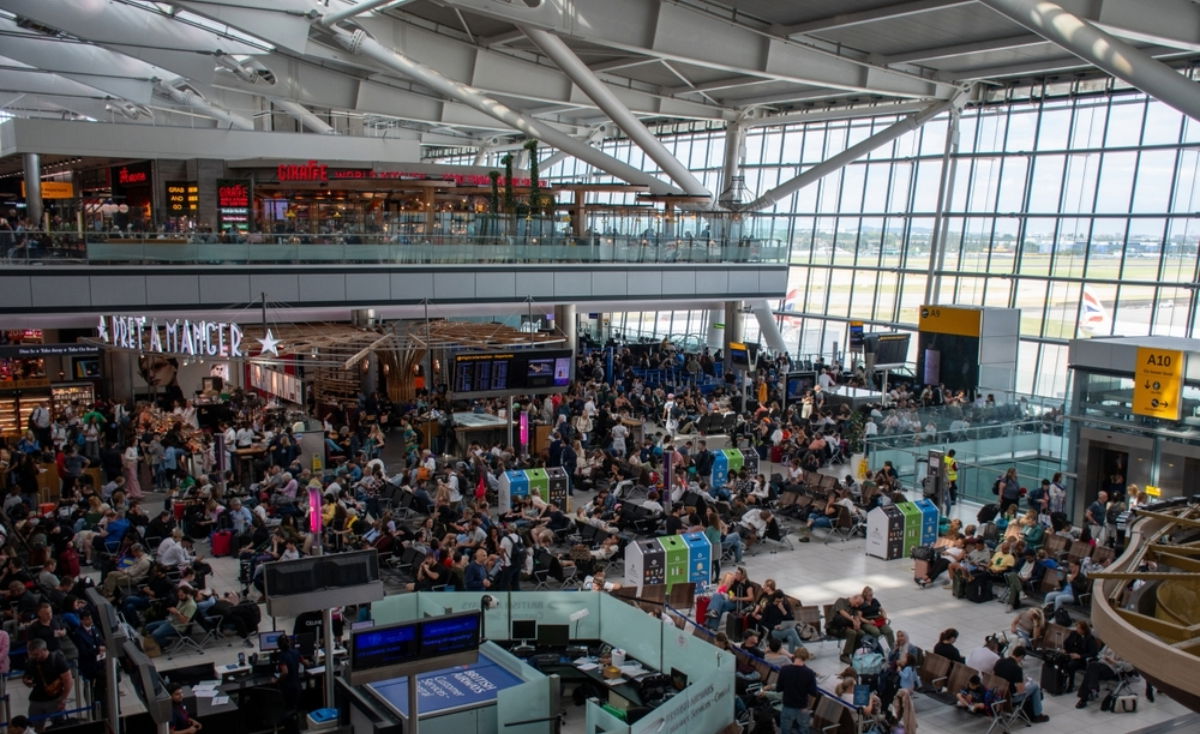Football
London restaurants hike up corkage fees in bid to boost profits
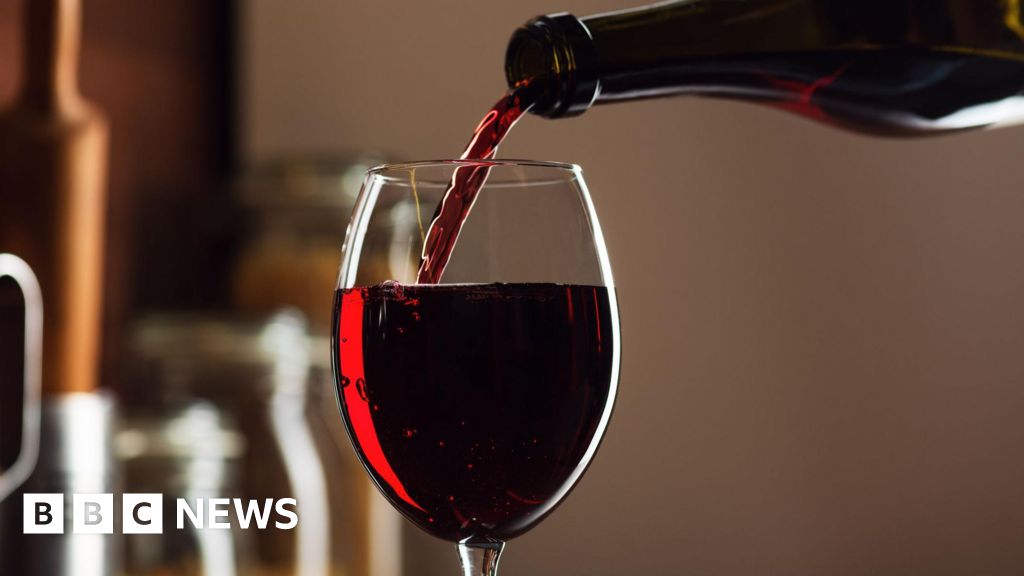
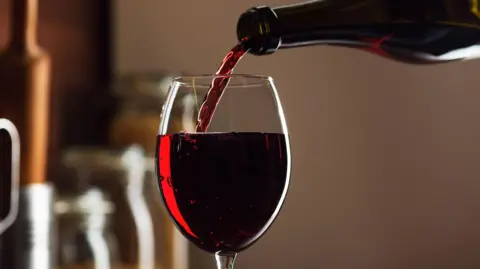 Getty Images
Getty ImagesCorkage fees – the charge applied to diners who bring their own wine – are rising as restaurants try to make a profit, industry experts have said.
According to trade publication The Drinks Business, the average fee was about £12 to £15 per bottle of still wine opened on site.
Another trade publication, The Restaurant, found corkage at some places in London has increased to more than £100 per bottle.
Some restaurants base corkage on the market value of the wine brought in.
In the UK, restaurants need a licence to serve alcohol consumed on the premises. They do not need a licence to sell alcohol consumed elsewhere, nor do they need a licence to allow people to consume alcohol bought elsewhere.
Corkage fees are to recoup the costs of serving the alcohol – the time spent uncorking the wine, pouring it and washing up afterwards, and sometimes bringing the wine to the right temperature as well.
It also helps to cover lost revenue from in-house alcohol sales. Fine dining restaurants in particular often invest heavily in curating wine lists and hiring and training staff.
Typically restaurants make more money on the wine they serve than the food they cook.
Long stays, little spending
One restaurant in Notting Hill, Dorian, increased its corkage charge to £100 – plus the cost of another bottle from its 25-page wine list, where prices range from £50 to £5,895, so an absolute minimum of £150.
The restaurant argued that as it only has 40 seats it could not make enough money on food alone and the only alternative was to double the price of the food.
Another London restaurant, Fallow in St James’s, charges £50 for each bottle of still wine and £90 for each of sparkling wine not on its wine list.
Its policy also states: “For premium fine wines, we will charge 50% of the average value of the wine at the discretion of the management.
“We also reserve the right to decline corkage at the discretion of management.”
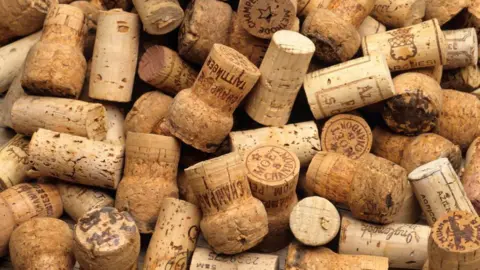 Getty Images
Getty ImagesOther establishments – especially those without alcohol licences – often do not charge corkage, and some have a policy where corkage is waived on less popular days to dine out.
The Hawksmoor chain of steakhouses offers free corkage on quiet midweek nights.
But some places that previously charged nothing have introduced corkage fees – Little Georgia in Hackney charge a £5 corkage fee for every order under £25.
Owner Tiko Tuskadze found that diners were bringing a lot of wine from elsewhere, “ordering a single portion of salad, cheese and some bread for four people totalling £11 per head and spending hours mostly drinking their own booze”.
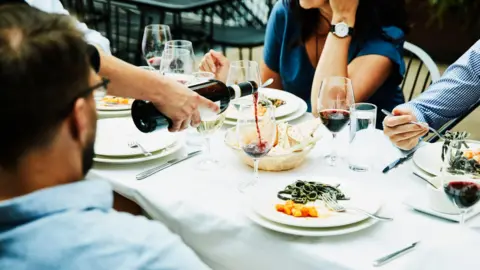 Getty Images
Getty ImagesProfessional wine buyer Kate Janecek, who sets corkage policies for restaurants, said even the ultra wealthy try to save money.
“Many will buy a bottle of wine when its relatively cheap – say £40 – keep it at home, wait for its value to go up to, for example, £250, and then take it to restaurant for a special occasion.
“They know even with corkage fee, they’ve got a better deal than if they simply went to the restaurant and ordered a £250 bottle of wine from its list.”
Joe Lutrario from Restaurant magazine said the increase in charges is down to inflation.
“Restaurants have been hit by massive cost rises in recent years but have been disproportionately exposed to the biggest ones such as wage and energy bills.
“They are locked into energy contracts so if wholesale prices come down there’s nothing they can do about them until those contracts end.
“Entire chains are bust now and it’s tough to make any margin across the whole restaurant sector.
“The fine dining sector has been hit really hard.”







